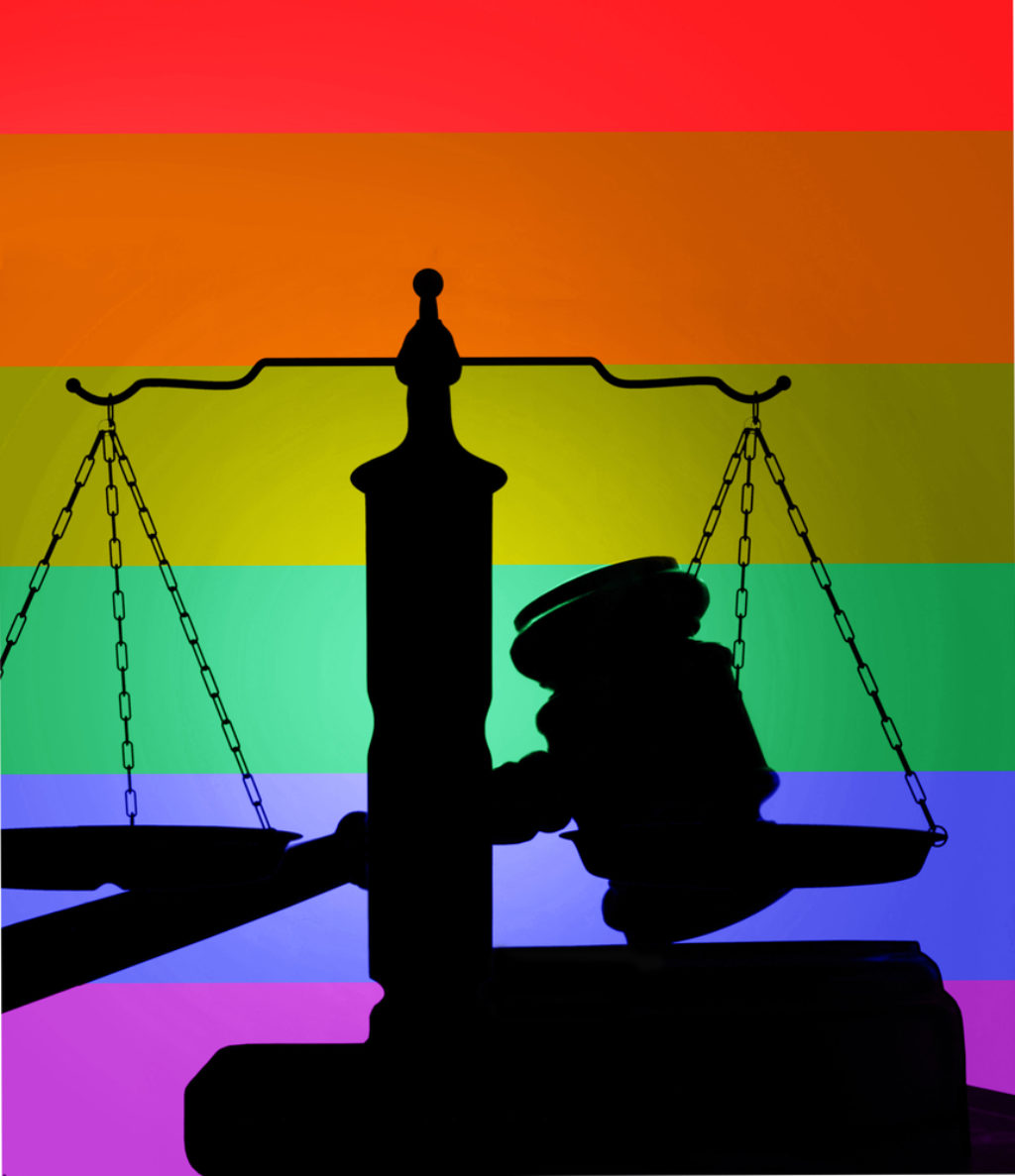How are LGBTQ activists reacting to Supreme Court Justice Anthony Kennedy’s retirement given the role he’s played in their lives? Some fear it will mean the rollback of protections he helped bring about while others are more optimistic about expanding those new freedoms.
Kennedy, an ideological conservative who was often the swing vote in cases affecting the LGBTQ community, announced his upcoming retirement from the nation’s highest court Wednesday, raising their concerns about the likely nomination of a more conservative justice.
“While often conservative-leaning in his three decades on the court, Justice Anthony Kennedy was also a key vote in several landmark cases that greatly impacted the rights of LGBTQ people in the nation,” said Sarah Kate Ellis, president and CEO of GLAAD, an organization dedicated to promoting acceptance of LGBTQ individuals in the media.
Log Cabin Republicans, a conservative LGBTQ advocacy organization, agreed.
“No Supreme Court Justice in history has done more to advance gay rights than Justice Kennedy…[he] did not simply author the most pro-gay decisions of a Supreme Court Justice — he authored all of them,” Gregory Angelo, the group’s president, said in a press release.
Meanwhile, Russell Robinson, a law professor and LGBT equity chair at the University of California, Berkeley School of Law, said that while he is critical of some of Kennedy’s opinions, the California-born-and-raised justice was a “pioneer of LGBTQ rights” and a “fairly reliable ally” since Romer v. Evans in 1996.
“Through his decisions, he paved the way for Obergefell v. Hodges,” Robinson said, referring to the landmark 2015 case in which Kennedy penned the majority opinion upholding the legality of gay marriage in all 50 states.
But earlier this month, Kennedy disappointed some LGBTQ rights groups by ruling in favor of a baker who refused to design a wedding cake for a same-sex couple.
“We are disappointed in Justice Kennedy’s decision in Masterpiece Cakeshop v. Colorado Civil Rights Commission with respect to this particular baker,” Sarah Warbelow, legal director of the Human Rights Campaign, said.
According to Warbelow, Kennedy’s decision “gave the baker a free pass because of a perception of bias” against the baker’s religion.
But Paula Greisen, the attorney who represented Charlie Craig and David Mullins – the couple in the Masterpiece Cakeshop case – offered a more optimistic view of the decision and its implications.
“It should be seen as a victory for the LGBTQ community. It was a clear announcement that their rights will be protected, and should give the community hope that it is entitled to dignity and respect,” Greisen, who maintains regular correspondence with Craig and Mullins, said.
Read the full story at ABC News



